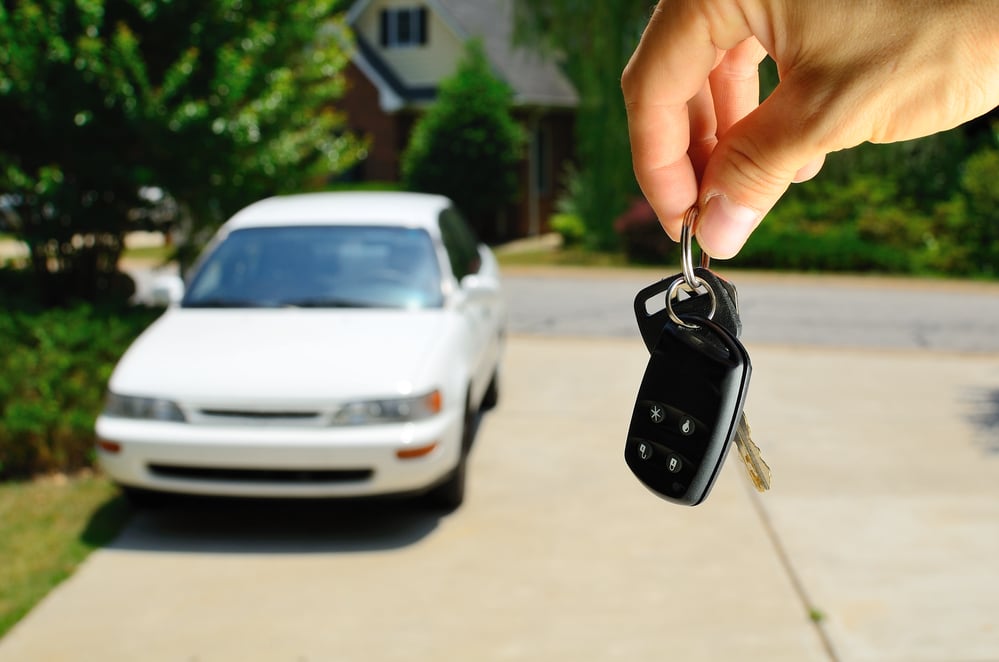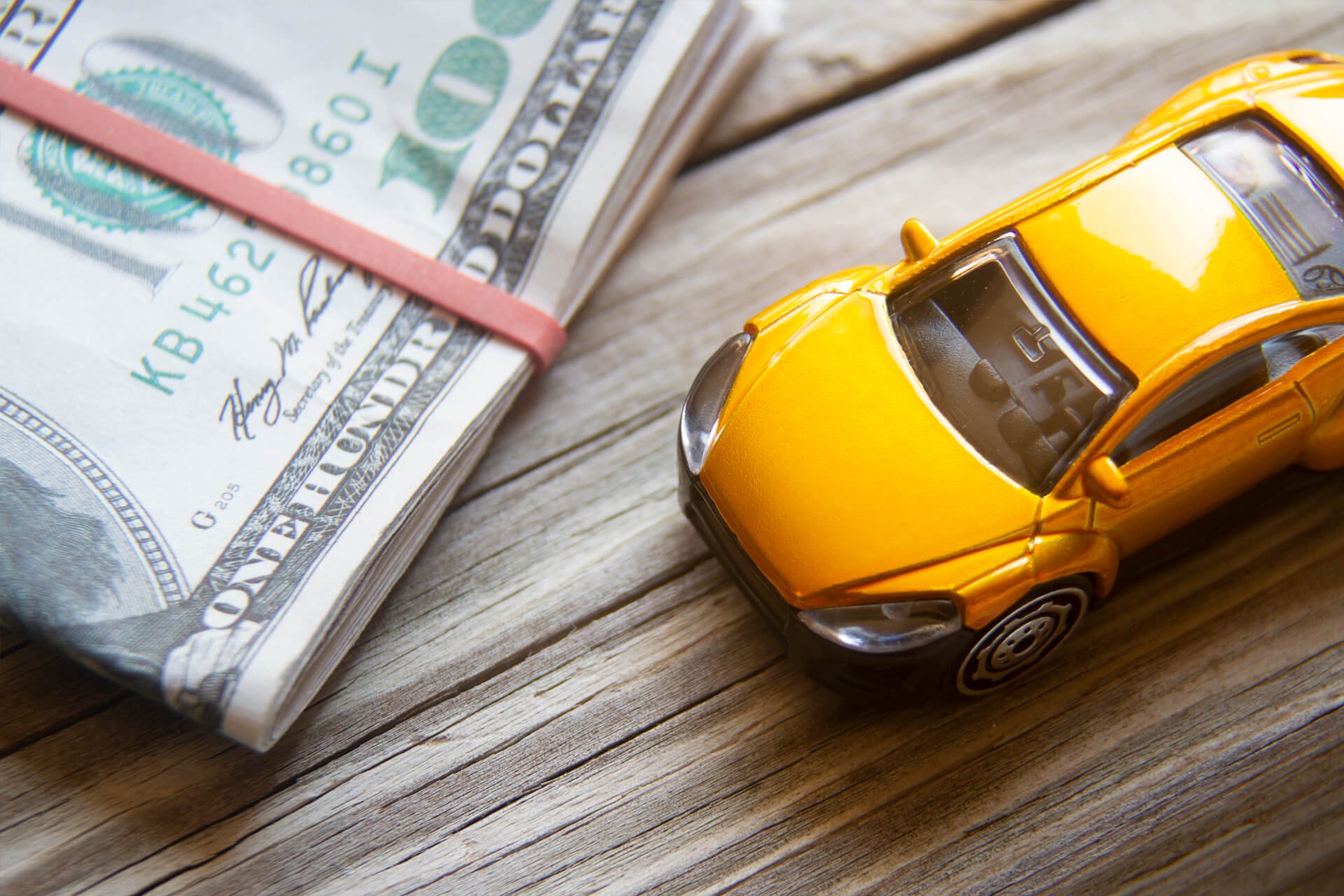
American consumers inadvertently buy 150,000 defective vehicles every year, according to the National Highway Traffic Safety Administration. These defective vehicles, commonly called “lemons,” leave the factory containing repeating, unfixable problems ranging from cosmetic and annoying to major and potentially dangerous. Every automotive manufacturer builds lemons, including Honda, General Motors, Ford, Toyota and more. Any numbers of issues at the factory can cause defects, including substandard materials, faulty components, faulty design and worker error. Regardless of the cause, the manufacturers themselves are responsible for addressing the problem and making the consumer whole once again. When they fail to hold up their end of the deal, lemon law attorneys can seek compensation on the consumer’s behalf in court.
One potential remedy to a lemon car is the dealer buys back the car. These “dealer buy back cars” are then given a “branded” title, where the vehicle is forever marked as a lemon that was repurchased by a dealer because of a defect. When the dealer buys back the car, they refund the consumer all the money spent on the vehicle minus a “usage fee” calculated based on how long the consumer drove the vehicle before returning it to the dealership. Most state laws also require the manufacturer reimburse you for incidental costs you encountered because of the vehicle’s defects, including rental car fees, towing costs, phone or mail communications made when contacting the dealership or manufacturer, personal property damage, attorney’s fees if the consumer hires an attorney after learning the manufacturer has also hired an attorney, and even room and board if the vehicle fails while on an out-of-town trip.
For more information on arbitration and other frequently asked vehicle buyback program questions, click here.
Some vehicle buyback programs exist to get older vehicles off the road. One of the more well known vehicle buyback programs was the Car Allowance Rebate System (CARS), colloquially known as “Cash for Clunkers.” This government program started on July 1, 2009, and provided financial incentives for American consumers to trade in their older, fuel-inefficient vehicles for newer ones that caused less damage to the environment. The program required the vehicles be less than 25 years old on the trade-in date, still driveable, and get 18 or fewer miles per gallon. The program proved very popular with consumers as the original $1 billion appropriated for it was exhausted by July 30, 2009. Congress approved an extra $2 billion for the vehicle buyback program and President Barack Obama signed it into law on August 7, 2009. Those extra funds were exhausted by August 24, 2009, because of high demand.

Dealer buy back cars, or branded title buyback cars, are resold to consumers who should be made well aware what they are getting. The title branding explains what was wrong with the car, and dealers cannot knowing sell a branded title car that hasn’t been repaired. When the manufacturer repurchases the vehicle, that vehicle must be repaired and thoroughly inspected before it can be resold.
Not all dealer buy back cars are lemons, however. Manufacturers will sometimes offer buy back guarantees at the dealership to entice consumers to buy the vehicle and then return it if they end up not liking it. Other times, the vehicle has a repairable problem but the manufacturer cannot quickly source replacement parts, and they will repurchase the vehicle out of courtesy.
Buying a branded title buyback car can save you money on a particular make and model you want, but you should always check that vehicle’s repair history before signing anything, and get a trusted mechanic to look over the vehicle before buying. The manufacturer must repair the problem that necessitated the branded title before reselling it, but unscrupulous dealers may attempt to sell branded vehicles without fixing them. This is called “title washing,” where a dealer intentionally removes a value-limiting brand from a vehicle’s title. This happens not only with lemon vehicles but also wrecked and flooded vehicles meant to be sold with salvage-branded titles, as well as vehicles with inaccurate odometer readings.
Think you have a lemon, click here to fill out a 30 second form.
The National Motor Vehicle Titles Information System (NMVTIS) is a database that maintains information on vehicle titles and lets consumers know ahead of time if they are buying a branded vehicle. However, several states do not participate in NMVTIS: Oregon, Kansas, Tennessee, Vermont, Hawaii and the District of Columbia. Five other states (California, Idaho, North Carolina, Maryland and Massachusetts) provide data to NMVTIS but don’t check the system before issuing new titles.
The sooner you reach out to the lemon law attorneys of Allen Stewart P.C. about your claim, the better your chances of getting the compensation you deserve. They have combined decades of experience taking on major corporations in and out of court and will fight on your behalf to make you whole. Our lemon law experts know how to navigate the often-complex American justice system and will keep you in the loop every step of the way. Reach out to Allen Stewart P.C. today to get back on the road.
